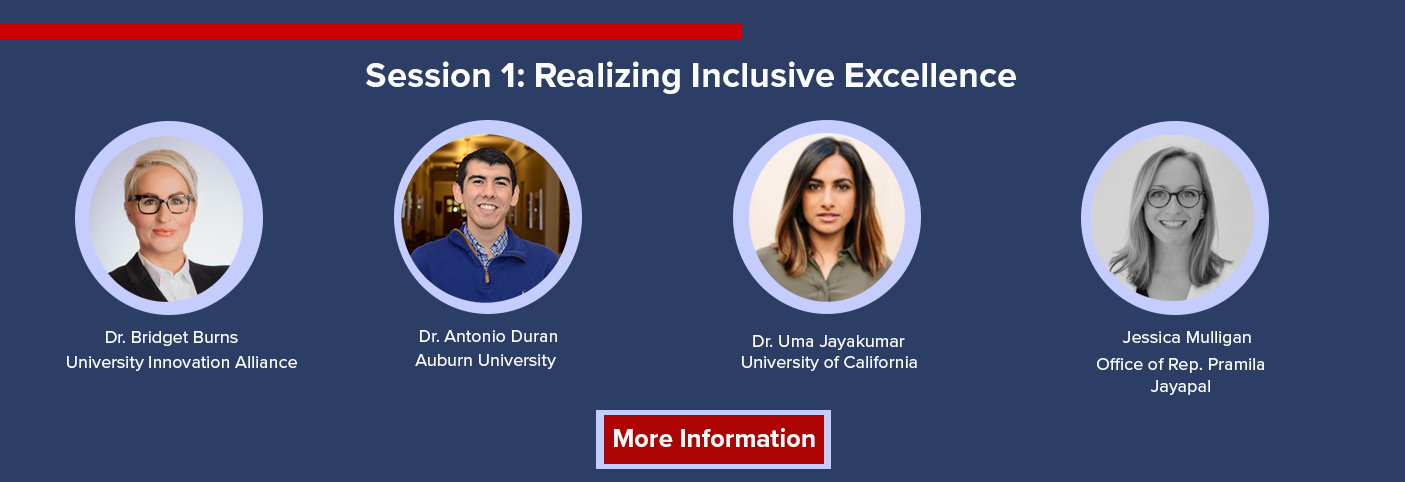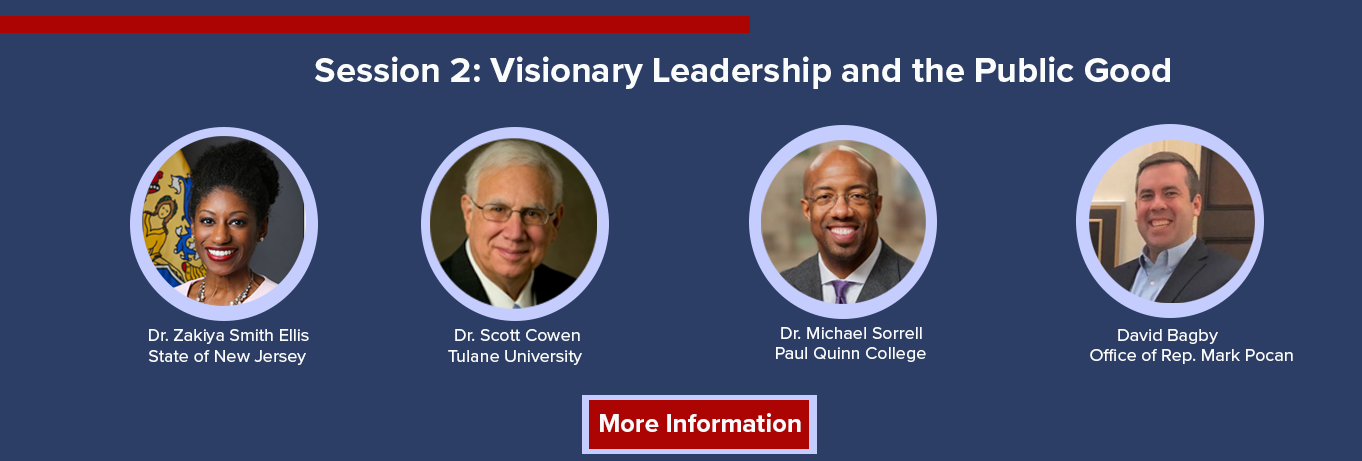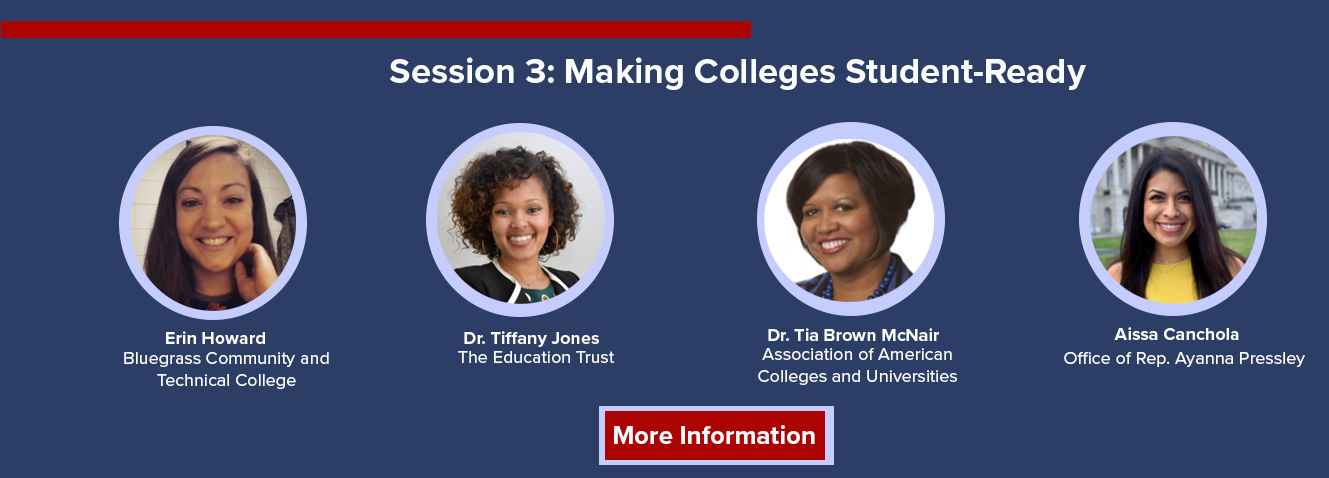
As the scale of the Covid-19 pandemic came into full view earlier this year, colleges and universities quickly moved to online-only teaching models–disrupting life for millions of students nationwide. In the chaos of the moment, however, large questions arose about what campus closures and the challenges posed by a potentially deadly virus, highly contagious among people close to each other, meant for the future of higher education.
Recognizing that life on America’s college campuses may be fundamentally altered by the disruption of this time period, Young Invincibles organized a series of virtual roundtable discussions with students and leading scholars, institutional leaders, and policymakers to consider what a reimagined approach to higher education may require. Millions of students struggled with housing and food insecurity, reliable transportation, child care, and balancing the many demands of family, work, and school well before the strain of coronavirus that leads to Covid-19 came to this country. But the coronavirus did put on stark display the inequities in our society, economy, and especially in higher education. The effects of these inequities have kept far too many people from pursuing, completing, and ultimately benefiting from education beyond a high school diploma.

In our first discussion, panelists addressed what it would take to achieve inclusive excellence–a model of higher education in which students for whom higher education in the United States was never designed could achieve their educational goals and thrive along the way.
 With so many daily challenges arising during the current crises, for the second discussion in our higher education series, YI convened a group of visionary leaders to look at how colleges and universities may change permanently, and possibly for the good, even beyond the Covid-19 pandemic.
With so many daily challenges arising during the current crises, for the second discussion in our higher education series, YI convened a group of visionary leaders to look at how colleges and universities may change permanently, and possibly for the good, even beyond the Covid-19 pandemic.

Recent decades of conversation among education leaders and policymakers have had common debates about how to prepare high school graduates who are more “college ready,” but a growing number of scholars and advocates have made the case that it is our colleges that are not ready for the students they are meant to serve.
